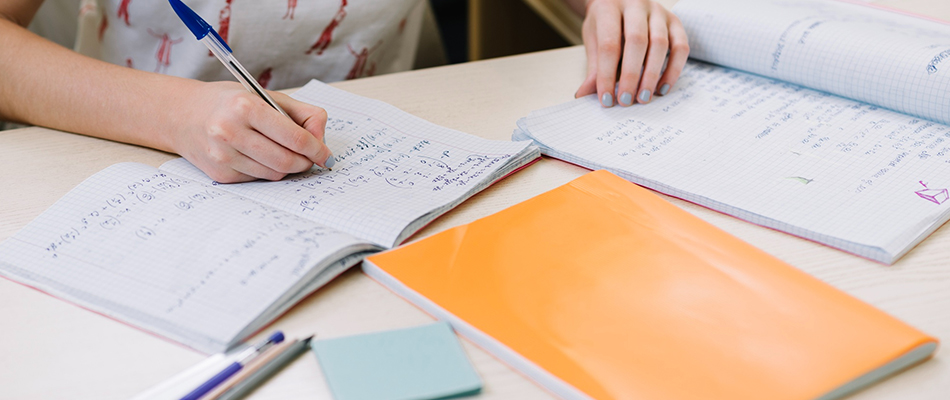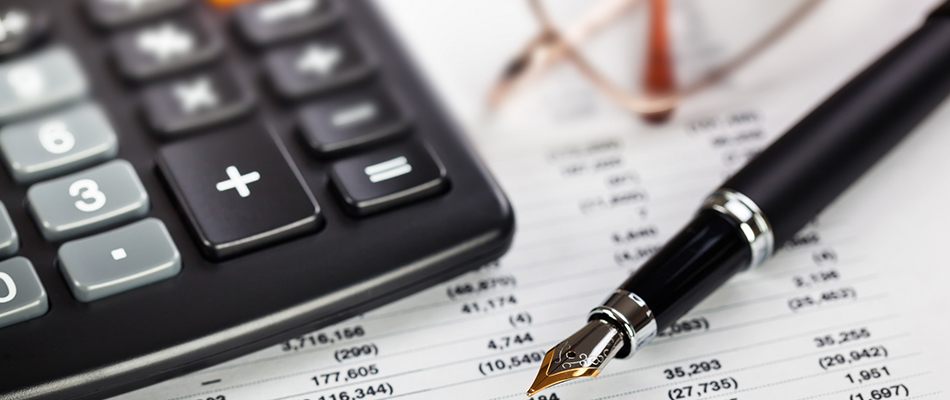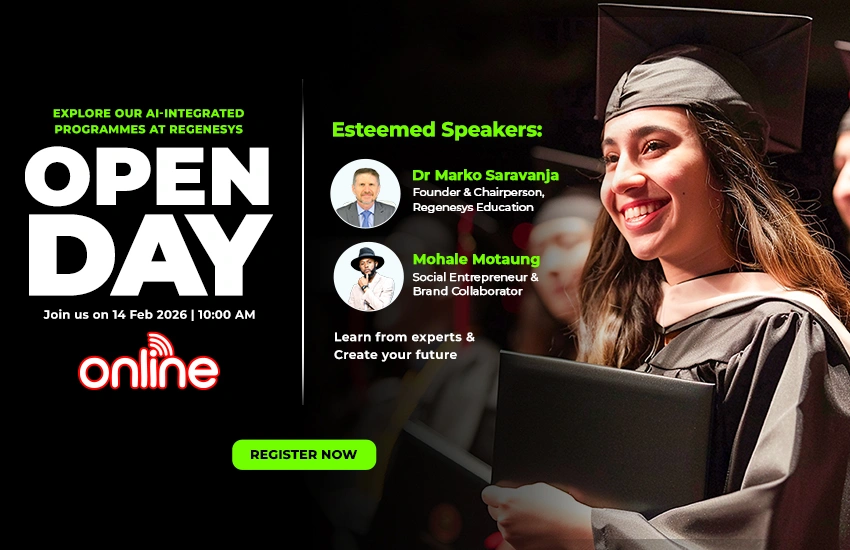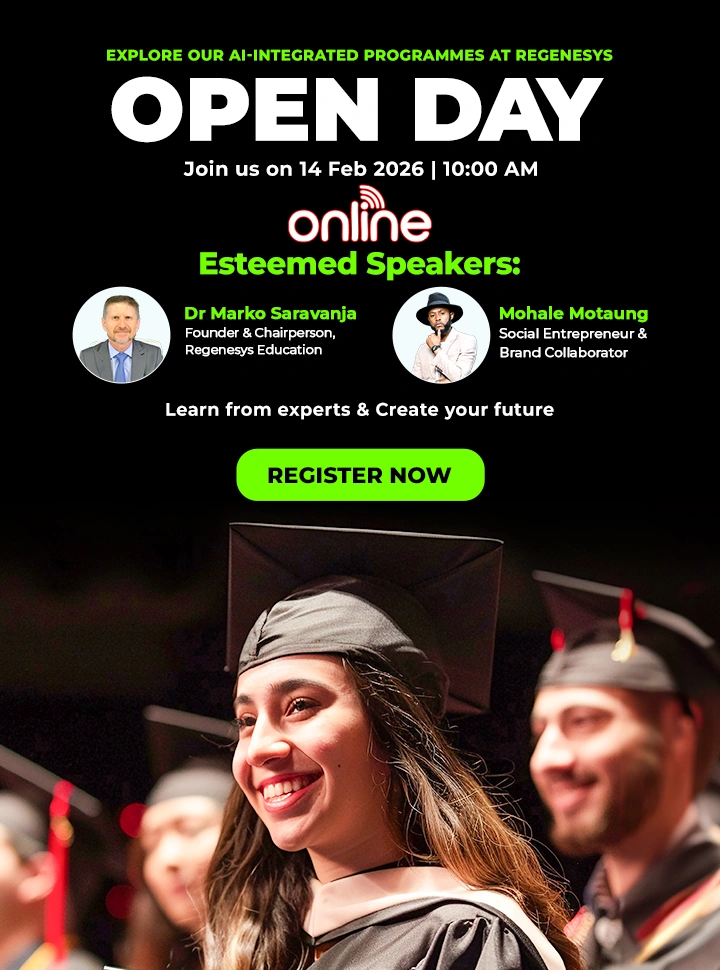Every year on 8 September, International Literacy Day reminds us that literacy is more than a technical skill, it is the foundation of growth, opportunity, and human connection. Since UNESCO first observed the day in 1967, it has stood as a global call for reflection and action on education’s power to transform lives.
The 2025 theme, Promoting Literacy in the Digital Era, could not be more relevant. Digital technologies are reshaping how we learn and interact. They bring opportunity for connection and creativity, but they also deepen divides for those without access. This theme invites us to consider how teachers and students must adapt to thrive in the 21st century.
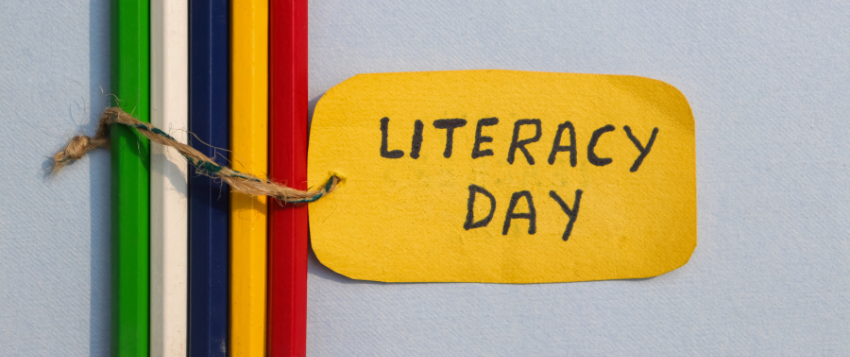
Why Literacy in the Digital Era Matters
Literacy is no longer confined to the ability to read and write. Today, it includes digital competencies such as the ability to find, evaluate, and responsibly share information online. Yet millions remain excluded. According to UNESCO, as of 2024, around 739 million young people and adults still lacked basic literacy skills. At the same time, global internet penetration has climbed to 67% of the world’s population, highlighting the urgent need for digital literacy to match technological access .
For the 21st century teacher, this reality means their role extends beyond delivering subject content. They must also guide learners in critical digital literacy, teaching them to question sources, recognise bias, and distinguish between fact and misinformation. A recent OECD study found that only 9% of 15-year-olds across OECD countries could reliably tell fact from opinion online . This underscores how vital teachers are in shaping informed, critical citizens.
The 21st century student faces a paradox. They live in a world of abundant information, but they also face distractions, misinformation, and unequal access to resources. Those without strong literacy skills are often excluded from the very opportunities technology promises.
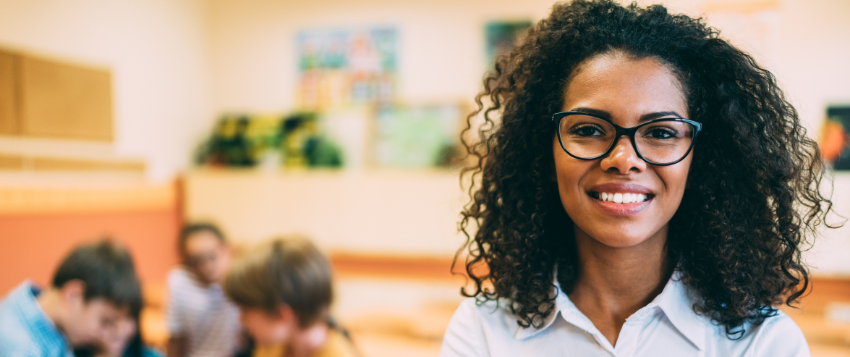
Challenges That Teachers Are Facing
Teachers are at the heart of this transition, but the challenges they face are immense:
- Limited training in digital pedagogy and online teaching tools.
- Burnout and under-recognition, as demands for innovation outpace the support provided.
- Pressure to adapt quickly, especially in the wake of the COVID-19 pandemic, which highlighted both the potential and the limitations of digital learning .
Transitioning From Old Teaching to New Forms of Teaching
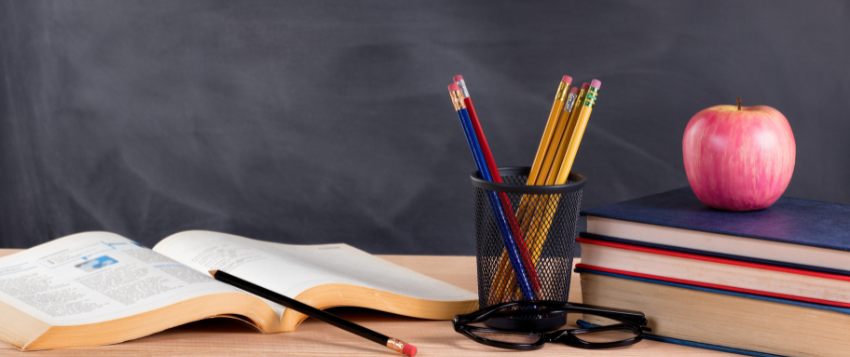
The shift from traditional teaching methods such as chalkboards, rote memorisation, and textbooks to digital, interactive, and inclusive approaches is one of the biggest changes in modern education. This transition requires resources, professional development, and, most importantly, recognition of teachers as the drivers of change.
At the launch of the Regenesys School of Education, Ms Kamala Pather, Head of School, highlighted that South Africa’s education system faces severe teacher shortages, especially in STEM subjects. Many classrooms are led by underqualified educators, while hundreds of schools have stopped offering mathematics due to the lack of specialist teachers. She warned that without urgent investment in teacher training and digital integration, the gap between what learners need and what the system can provide will only widen.
Her speech, “Bridging the Gap: Transforming STEM Education for a Brighter Future”, emphasised that the future classroom cannot rely on rote learning alone. Instead, it must encourage critical thinking, problem-solving, and the confident use of digital tools. As she noted, technology is not a replacement for good teaching, it is an amplifier of it.
This message aligns powerfully with the 2025 International Literacy Day theme. Transitioning from old teaching to new forms of teaching is not optional; it is the only way to equip the 21st century teacher to meet the needs of the 21st century student.
How Regenesys’ Bachelor of Education Links to This Theme
This is where the Bachelor of Education (Senior Phase and Further Education and Training Teaching) at the Regenesys School of Education directly responds to the challenges of the digital age.
The four-year programme equips aspiring educators with both theoretical knowledge and in-class practice. Students choose to specialise in Science & Technology or Business & Management, preparing them to teach Grades 7 to 12. From the start, applicants are expected to demonstrate basic computer literacy and internet access recognising that 21st century teaching requires digital readiness.
Graduates are prepared to:
- Become reflective, ethical, and skilled teachers able to manage diverse classrooms.
- Integrate technology meaningfully into pedagogy rather than using it as a substitute.
- Equip students with literacy skills that cover reading, writing, critical thinking, and digital evaluation.
- Guide the 21st century student through the complexities of the online and offline worlds.
In this way, the Regenesys B.Ed goes beyond preparing teachers for the classroom. It produces educators who can bridge the gap between traditional literacy and digital literacy, fully aligned with UNESCO’s 2025 theme.
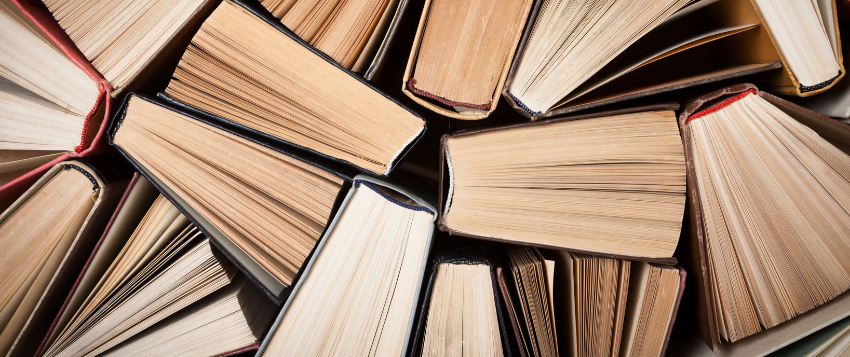
Looking Ahead on International Literacy Day
This International Literacy Day reminds us that literacy is not static, it is evolving in response to a digital world. Supporting teachers in transitioning from old teaching to new forms of teaching is vital if we are to prepare learners for the challenges of the future.
By investing in teachers, recognising their challenges, and preparing them through forward-looking programmes like the Regenesys BEd, we ensure that every 21st century student has the opportunity to learn, think critically, and participate fully in society.
That is the promise of literacy in the digital era: a future where no learner is left behind, whether on the page or on the screen.
Ready to become a 21st century teacher who can shape the next generation of learners?
Apply today for the Bachelor of Education (Senior Phase and Further Education and Training Teaching)

